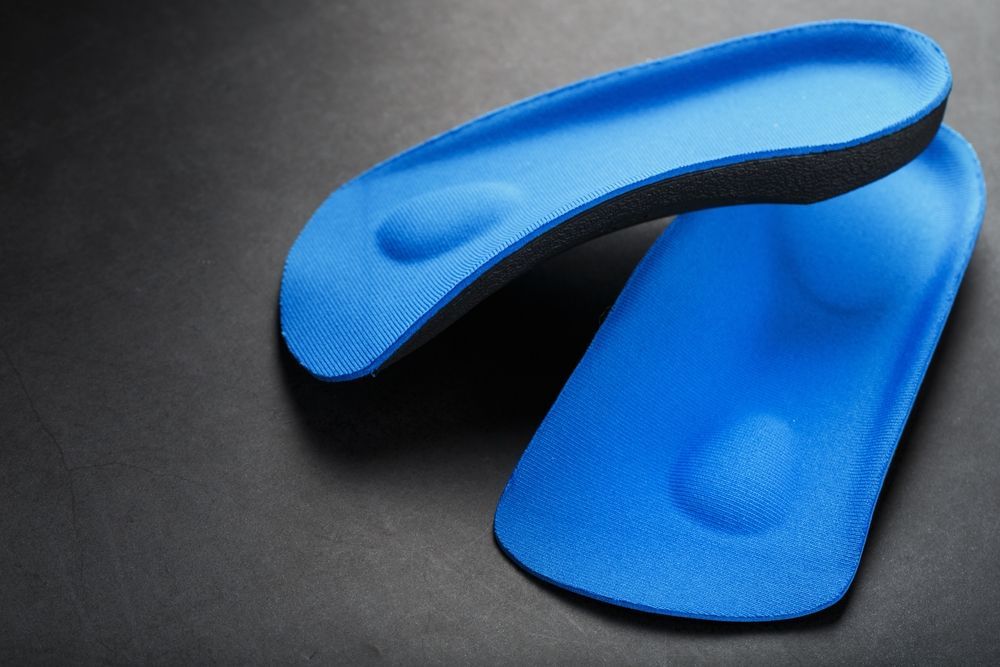How Physiotherapy Can Improve Your Quality of Life After an Injury
A sudden injury can be a life-altering event that affects not only your physical health but also your emotional well-being. As you work to recover from your injury, it's critical to find the best path to wellness that allows you to regain your strength and restore your quality of life. One of the most effective methods for achieving this is through physiotherapy. In this article, we will discuss how physiotherapy can help improve your quality of life after an injury and aid in your recovery process.
The Role of Physiotherapy in Injury Rehabilitation
Physiotherapy is a healthcare profession that focuses on improving a person's functional abilities and enhancing their overall quality of life. It involves the assessment, diagnosis, and treatment of various conditions and injuries that limit a person's ability to move and perform daily activities. Physiotherapists use a wide range of techniques, such as manual therapy, exercise, and education, to help patients regain their strength and mobility after an injury.
Benefits of Physiotherapy for Injury Recovery
1. Pain Management
One of the primary goals of physiotherapy is to reduce pain and discomfort associated with an injury. Physiotherapists employ manual therapy techniques, exercises, and other modalities to alleviate pain, decrease inflammation, and promote the healing process. This not only helps patients feel more comfortable, but also allows them to resume their daily activities sooner.
2. Improved Mobility and Function
Injuries often result in limited mobility and impaired function of the affected area. Physiotherapy aims to restore normal movement patterns and enhance functional abilities. By targeting specific areas of weakness and imbalance, physiotherapists can help patients regain their full range of motion and restore their ability to perform daily tasks without restriction.
3. Injury Prevention
A key component of physiotherapy is educating patients on how to prevent future injuries. Physiotherapists can identify the factors that contributed to the initial injury and help patients to modify their lifestyle, posture, or exercise routine to minimize the risk of re-injury. This not only improves the patient's quality of life but also helps to save on long-term healthcare costs.
4. Personalized Care
Every injury is unique, and each person's recovery process will differ. Physiotherapists are trained to assess each patient's individual needs and create a tailored treatment plan that addresses their specific goals and concerns. This personalized approach ensures that patients receive the most effective care possible, leading to better outcomes and a faster return to a healthy, active lifestyle.
5. Emotional Support
Recovering from an injury can be physically and emotionally challenging. Physiotherapists are not only experts in addressing physical issues, but they also provide emotional support and encouragement to help patients stay motivated throughout their recovery journey. This holistic approach to care plays a vital role in improving a patient's quality of life and overall well-being.
6. Enhanced Independence
One of the most significant benefits of physiotherapy is the improvement in a patient's overall sense of independence. As patients gain strength, mobility, and confidence in their abilities, they can resume daily activities and hobbies that they may have been unable to perform due to their injury. This increased sense of self-reliance and autonomy is crucial for a patient's mental and emotional health.
If you or a loved one has suffered an injury, it's essential to seek professional help to ensure a smooth and successful recovery. Physiotherapy offers a comprehensive approach to rehabilitation that addresses both the physical and emotional aspects of healing. By incorporating physiotherapy into your recovery plan, you can improve your quality of life and regain the confidence to pursue a healthy, active future.










